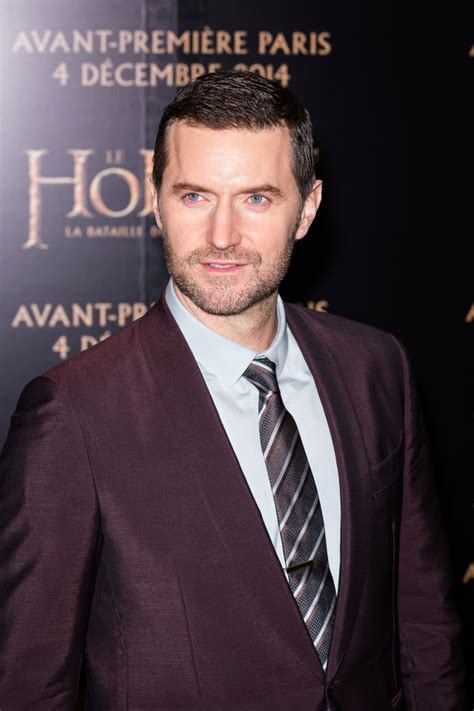A Quote by Hiroyuki Sanada
It was a black and white film [at first]. And then it changed to colour film, and I was surprised and culture shocked when I was six or seven years old. And then HD, then 3D now. So what's going? What's coming next? It's so exciting.
Related Quotes
The film business has changed and society has changed. I started acting before the internet, which is insane to say. That makes me sound so old! You evolve, and the kind of career I thought I wanted, even six or seven years ago, was completely different from the career I have now, and I couldn't be happier about it. It's been a crazy trip.
Now 3D is no longer a fad but I don't get all crazy about it and say that everything has got to be in 3D. It is a nice tool, like color or sound or whatever. I was quite intrigued and I learned, 3D opened up a lot of questions about how to use it. I think it is great. It's like if a movie needs to be in black and white then that's how I will shoot it. I see color as just another character or black and white as a character.
Promoting a film can get tiring but if you find a clever way to promote it, it can be fun. Also, it is not fair to yourself and the film if you don't promote it. You've worked hard for the film for the past six or eight months and then if you don't give it your all and create awareness among the people then it is not fair.
One night I couldn't sleep at three in the morning and I thought, I'm going to color-coordinate my closet. And I did. There's a whole system. It goes from white to black and then all the colors in the middle. Then it goes by tank tops to T-shirts to long sleeves, and then it goes to the next color. Then it goes to sweaters the same way.
When I was younger, I definitely thought musical theater was sort of more pure than film. I used to say I'd never go to film because we had to get it right the first time in musical theater. But then, of course, I started doing film and realized I loved it. Keep in mind that I was 8 years old when I said that.
We're primarily interested in solving the problem of 20 million black people. And if integration is going to solve the problem tomorrow, then let's integrate. But since the Supreme Court issued its desegregation decision seven years ago, and you only have about six or seven percent integration now, on an educational level, that means that the black man trying to use integration as a means of solving his problem will be another 100 years just getting integration on an educational level.
When you're making a film, you don't really have time to consider what the whole of your film is. And then, when you're releasing your film and promoting your film, you're looking at it in a different way. Then, as you move away from it, you start to look at it objectively and think, 'What could I have done better?'




































